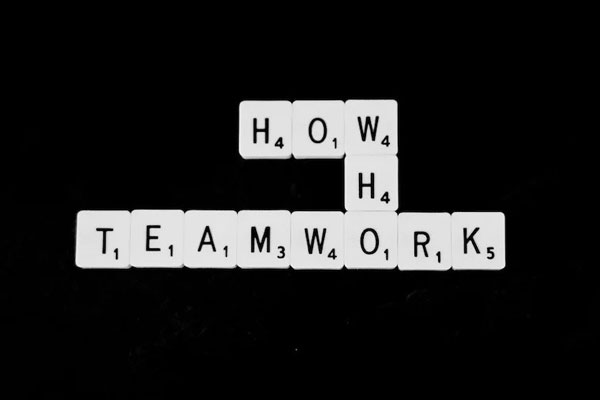Teamworking
We can offer a range of coaching intervention to facilitate teamworking within an organisation:
- Existing teams can need a shake up
- New teams are being formed
- New team members change the dynamic
- New initiative or problems cause different unforeseen challenges within a team.
Coaching a team, as a team and encouraging peer to peer working and support is the main solution. These tend to be bespoke packages, are still limited to 6 sessions and are partly to train and equip the team members to manage the process and issues themselves.
External Partnerships
Working with stakeholders and other delivery partners can be immensely challenging. Common cause and purpose exists in tension with individual aims and objectives; resources, responsibilities, process, personalities, politics and egos get in the way of smooth operation.
Coaching can address conflict and realign focus, blockers can be challenged as individuals, the group can be engaged and confronted as a whole.
Coaching philosophy is however best applied at the outset of a partnership and contained as part of articles of association and memoranda’s of operation. These can then be re-visited at key times, for example where blocking is being experienced.
Years of managing successful partnerships, expectations, tensions and occasional apathy has given Environmentors staff unparalleled knowledge and know how. This package is bespoke in design and cost and resource requirements – including engaging associates too.
For a discourse of our work at ‘LEADER’ – the EU funded sustainable rural development programme – follow the link below

Case Study
A group came together from a variety of different backgrounds to produce a report on incorporating sustainability principles into Cumbrian farming. With potentially conflicting views of what the problem was, never mind how to go about solving it, and limited time, a flexible and positive approach was needed.
We used a range of ways to facilitate the group, but most effective was action learning sets, delivered so each of us had to ‘walk in the others shoes’ and thus revealed many insights into each others fields. We learned to listen to each other much more considerately and constructively and produced a far more integrated and realistic set of proposals.
